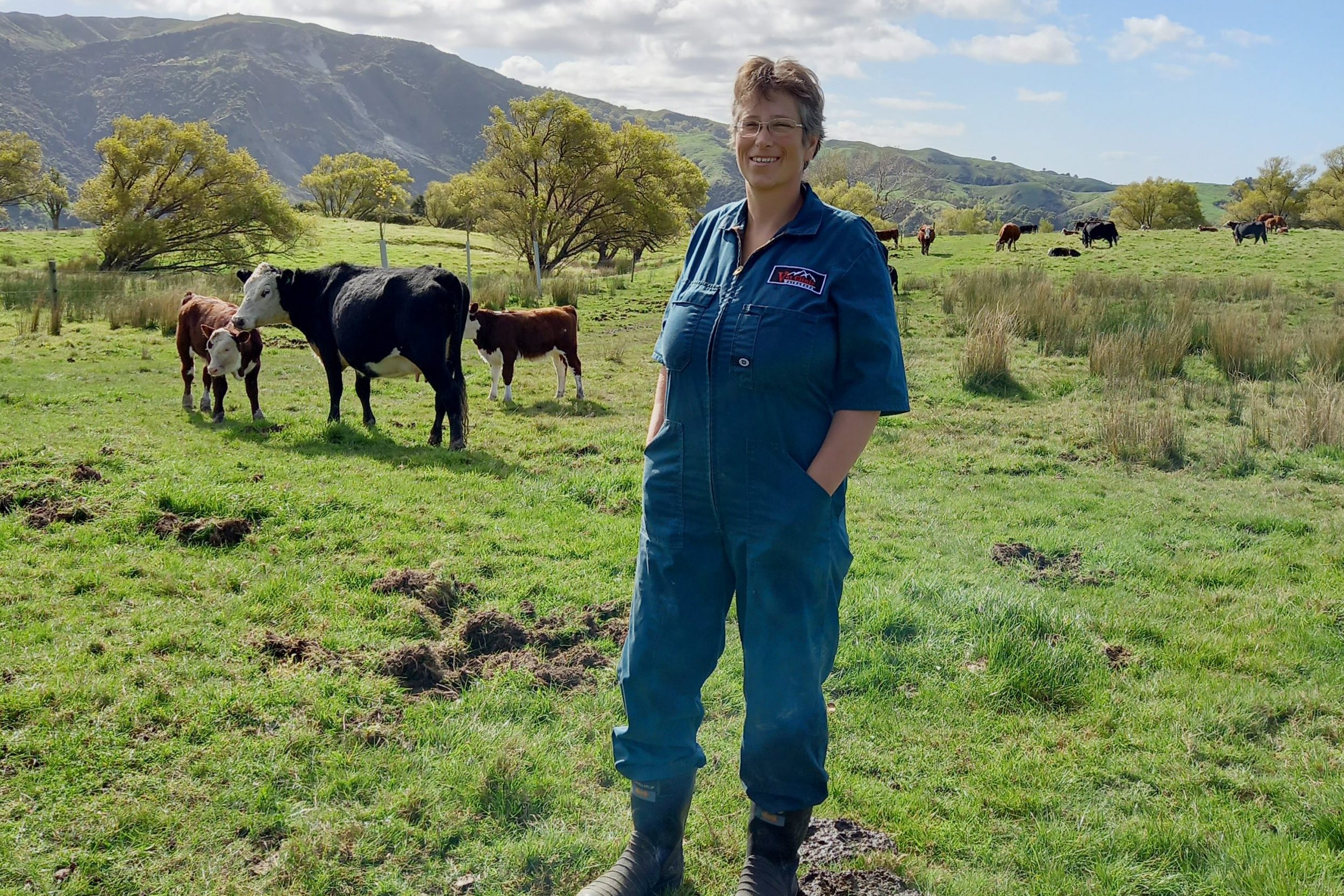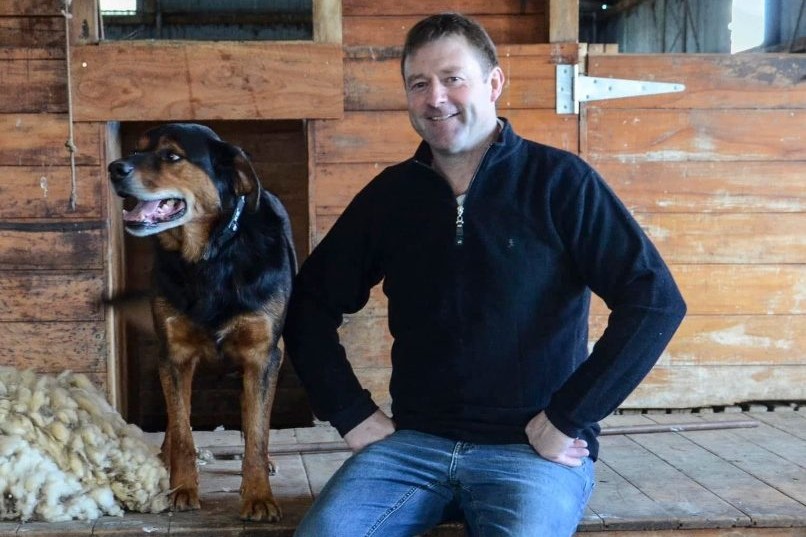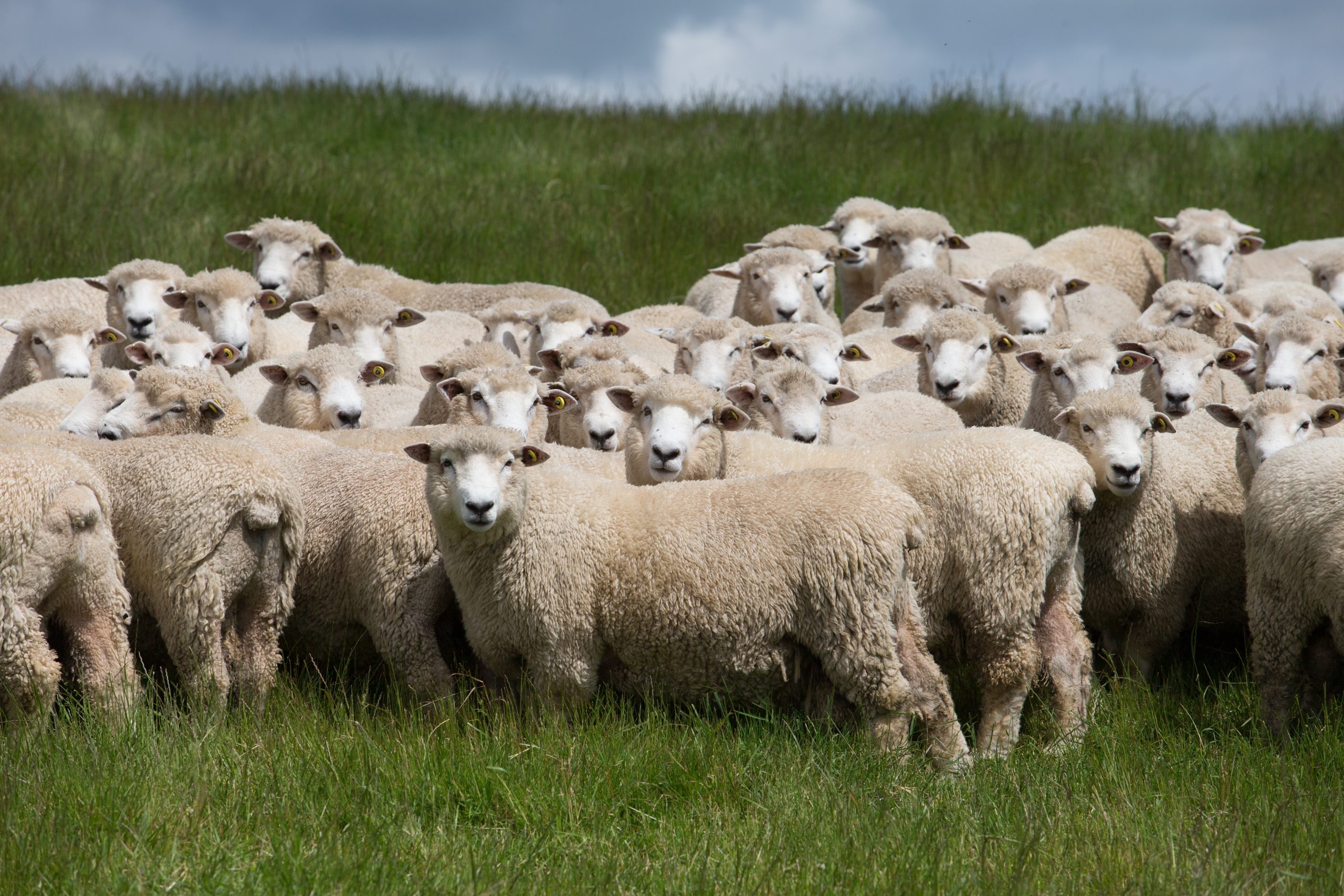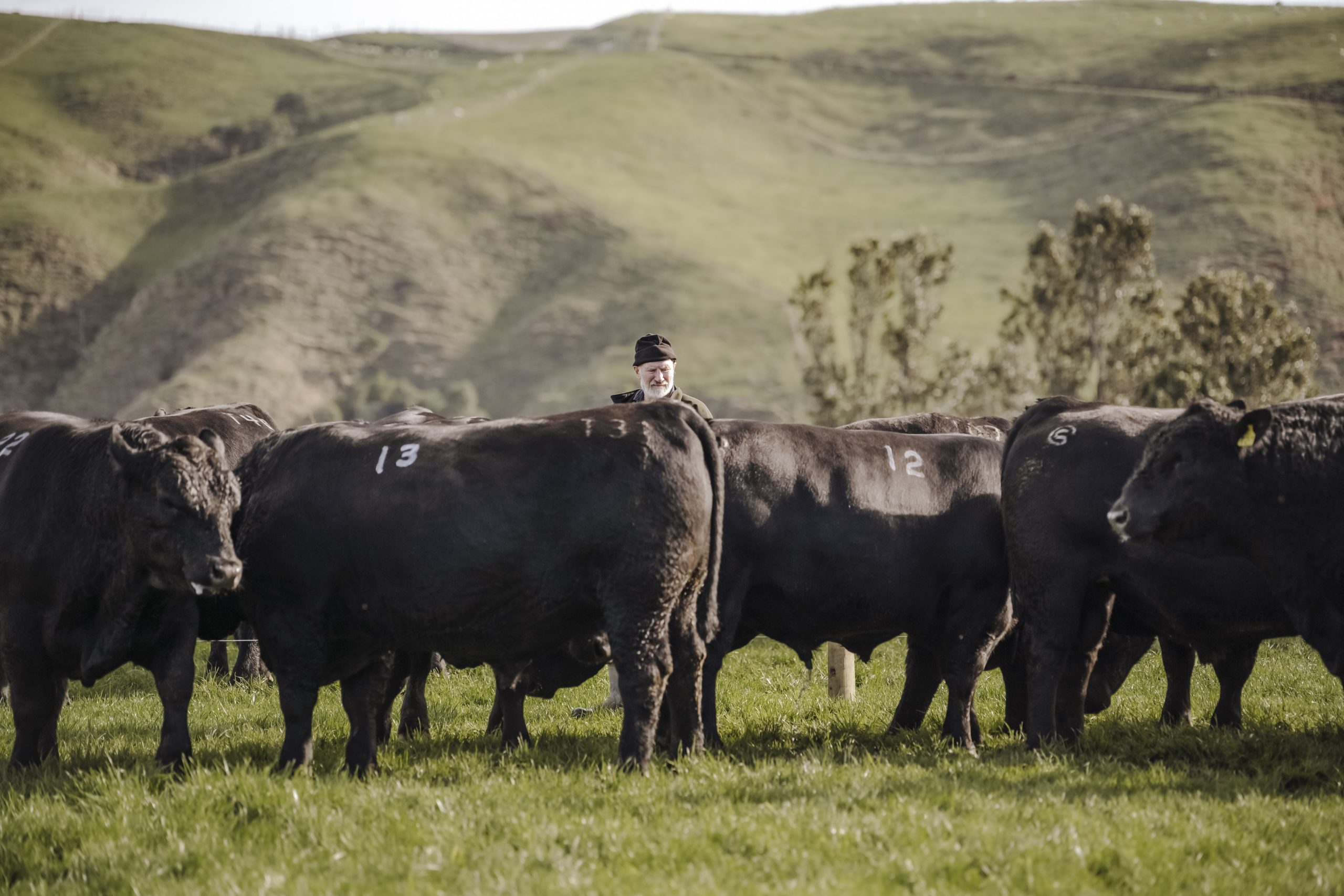This is the time of the year when discussion groups look at the last year’s financial results: an accounts analysis meeting. For mine, it is combined with a social get together and an outside speaker.
At the latest one the outside presenter did not speak to the topic expected but gave a highly politicised talk which provoked vigorous discussion. A discussion which cemented the angry sentiments that I am getting exposed to almost every day like I never had before.
But getting back to the financials, it always amazes me the gap between the tops and the bottoms. When that difference is more than $1200/ha economic farm surplus (EFS) for farms within the same farming area or district, it highlights the opportunity. Exploring what is behind those differences can be a very useful discussion but can only happen in a group where attendees feel safe.
A reflection of how much sheep meat prices have risen over the last few years, and also flock performance was evidenced by my East Coast group: four of the top five most profitable farms, all farms with more than $600/ha EFS, breeding-based and with sheep the dominant stock class. The most profitable had high-performing finishing enterprises, but also a high-performing sheep flock. The other four had very high-performing sheep flocks. Looking back on the same analysis 15 years ago, the dominance of sheep breeding in the top group was much less. Those farms that finished bulls dominated the tops back then.
Unpicking the various ratios to see what was common to the top performers did not reveal much, other than that the most profitable also had the highest gross farm income. They also had the lowest farm expenses to gross farm income, but a very high gross can drive that, rather than very low costs. Stocking rate was not a common feature, although the top five also had the highest income per stock unit.
Overall, I am not sure just how useful these analyses are. They are very interesting, but do they serve to stimulate members to do better? A bundle of the farming businesses had an EFS of $300 to $400 a hectare. Did the evening drive them to go home and plot a better outcome?
Despite my misgivings about the value, outside of New Zealand this group forum is envied. Certainly the UK farmers struggle to get such engagement, but two factors make ours so different. Farmers have to pay to be in a group. That could be changing over there, but it is seen as a barrier to belonging. Sharing financials is probably the biggest difference, though farmers are probably unusual. Is there any other industry that shares as much as farmers do? Certainly in the veterinary industry that is not done. Sharing ideas, experiences, advice as well as financials is so common among NZ farmers and viewed as strange by other industries. I talked about this with a builder working on my house and the closest he got to this was sharing tools and work with mates. He had no idea what other builders were earning. Even if I have doubts about the power of accounts analysis to trigger change, the sharing of all of that other stuff that we talk about at group days makes it a powerful forum to trigger change.
After that East Coast day, I visited a farm with a few thousand sheep that shed their wool. The farmer had no hand piece and did not use the wool shed. Very good lambs were roaming the hills with their mums and were to be weaned the next week.
The plan was to not drench them at weaning. This was sheep farming at a very different level. Was it more profitable? I did not have the figures to say and I questioned the level of expenditure on crops. The usual summer dry could justify them as well as the very cold winters. But our genuinely low-cost sheep should also not need as much feed support as we are used to. These sheep with no wool, in my observation, are very hardy and to fully exploit that they should cost less to feed. In this case, some benchmarking would have been useful for really knowing if the cropping expenditure was excessive or really adding value. As I have often quoted, a lot of crops on farms make farming more comfortable but not more income.





